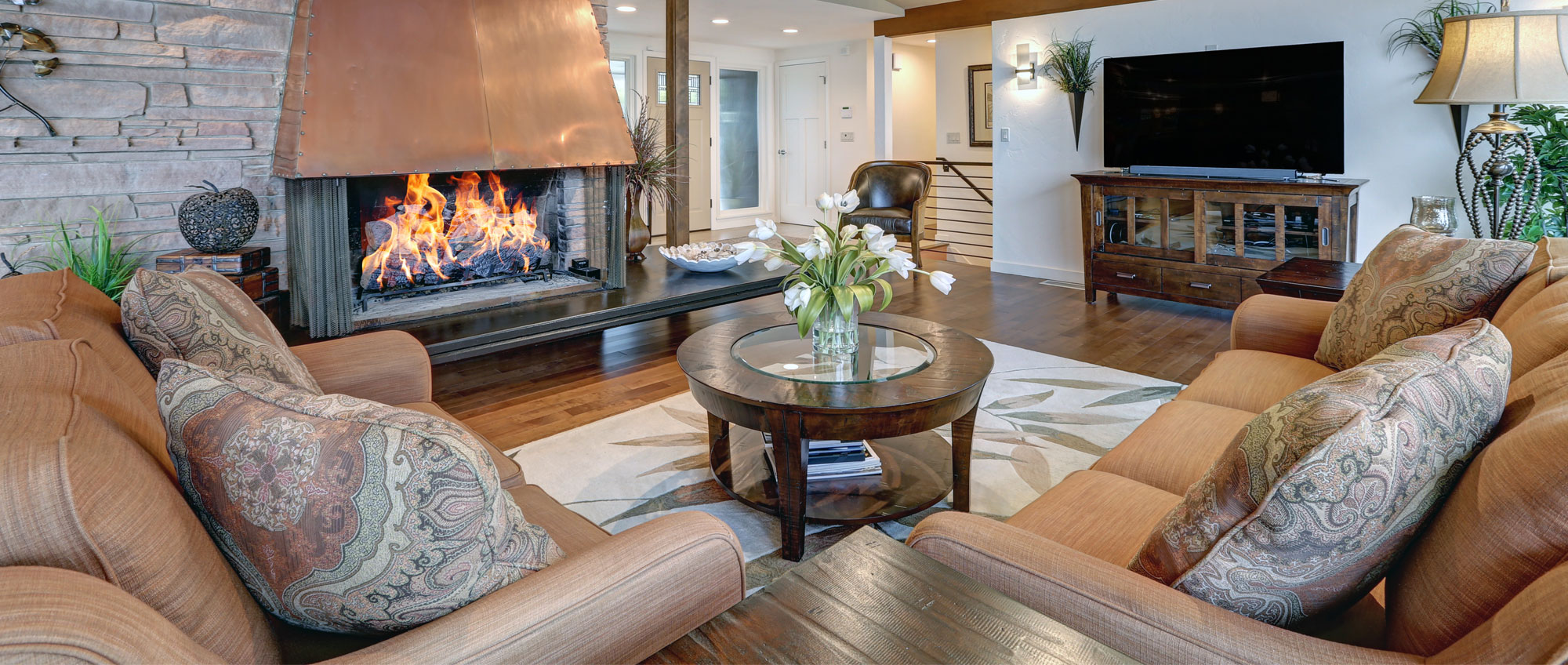{March 26, 2013}-- No, this isn't a Smokey the Bear advertisement. House fires kill or injure thousands of people each year, and costs millions in property damage. Many of these are easily preventable by simple cleaning or attention to details that may have created a dangerous situation. Listed below are some simple steps that are often overlooked and can be included as part of your spring-cleaning!
Check your exhaust fans.
Exhaust fans, in bathrooms or kitchens, can build up dust overtime. This dust can ignite when the fan is on, creating a dangerous and expensive situation. Take the time to look up at your exhaust fan and check it for dust. If it does need to be cleaned, the power will have to be shut off before removing the vent cover (which can be cleaned with mild soap and water) and wiping down the fan blades with window or mild kitchen cleaner. It is also good practice to avoid running your exhaust fans for long periods of time or when you are not home.
Visit http://www.ehow.com/how_2079782_clean-bathroom-exhaust-fan.html for a more detailed account of how to clean your exhaust fan.
Check your dryer vents.
Dryer vents can also quickly build up dust and lint overtime. In addition to cleaning your dryer vent before every use, a regular, more thorough cleaning of your dryer vent can prevent house fires. Make sure the dryer is unplugged before beginning the cleaning process. Remove the lint trap and using a vacuum attachment hose, carefully vacuum into the vent opening, removing debris. On the back of the dryer, the vent clamp can also be loosened to remove the vent tubing; the back of the dryer and the vent tubing can also be vacuumed out. As with the exhaust fans, you should also avoid running your dryer when not home.
Visit http://www.wikihow.com/Clean-a-Clothes-Dryer-Vent for more detailed information.
Candles and space heaters require attention.
Candles and space heaters need to be kept clear of other (flammable) objects and diligently watched during use. Candles are one of the leading causes of house fires because of the lack of attention during their use. Do not light a candle and walk away. In fact, the new battery-operated candles are a safer alternative. Space heaters are another leading cause of house fires. When using alternative heating, at least three feet of clear space should be kept around the heater and users should be careful to avoid overloading electrical outlets. As with fans and dryers, candles and space heaters must only be used when someone is home and able to properly attend to them.
Stand by your pan.
As with many of the suggestions on this list, cooking is an activity that should be attended to at all times. Boiling water, heated oil or butter, and any other stove-top cooking can easily get out of control when not being watched. As a good rule of thumb, stay in the kitchen when cooking and “stand by your pan.” It is easy to get distracted or forget when you leave the kitchen. It is also important to note that grease fires should not be handled like other fires; water will likely make the problem worse. DO NOT USE WATER TO PUT OUT A GREASE FIRE! Grease fires must be smothered—using a pan lid or even baking soda (if easily accessible). A pan lid is the best choice as it takes a lot of baking soda to do the job.
Following these basic steps can keep you, your family, and your home safe from fire and its consequences.



















